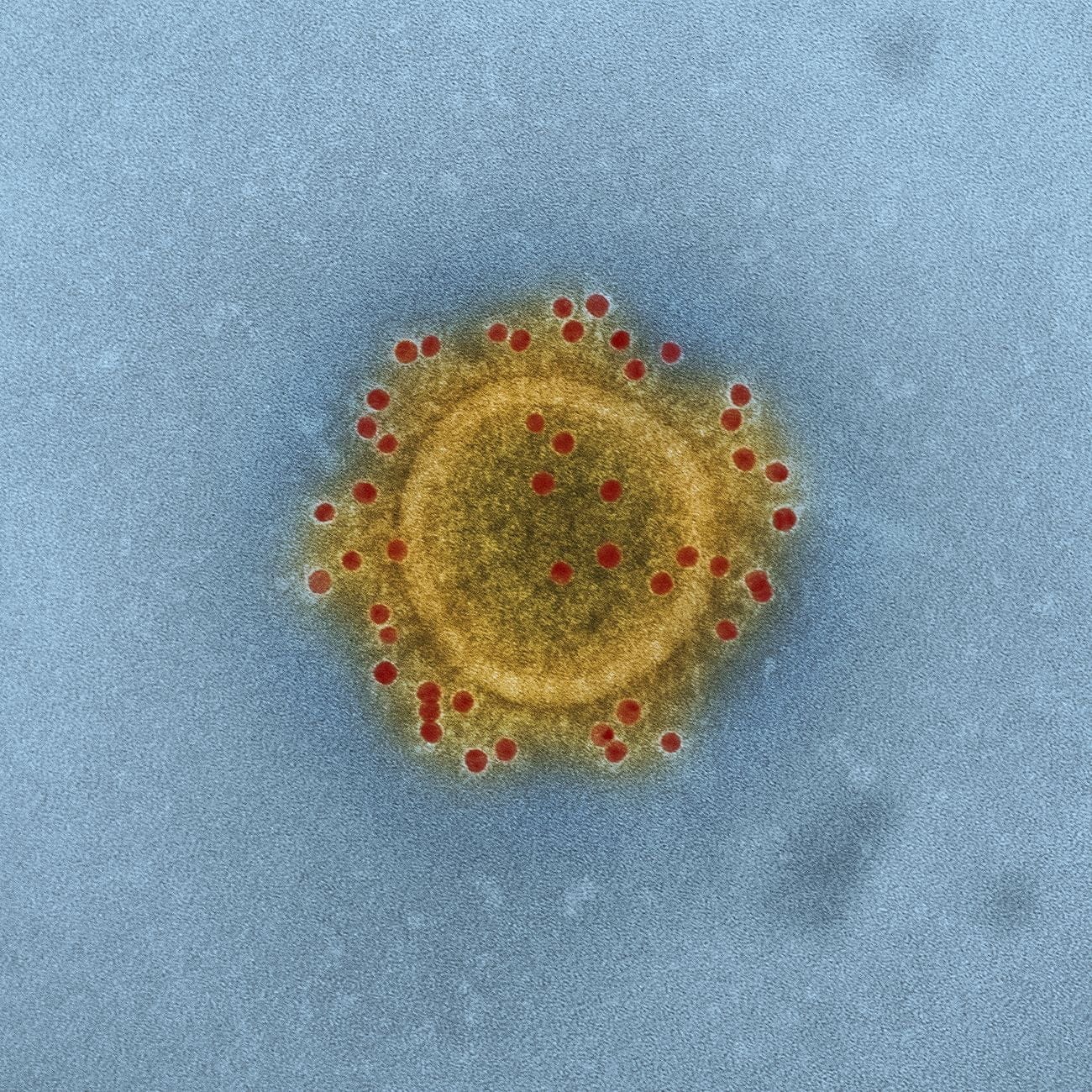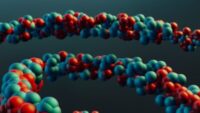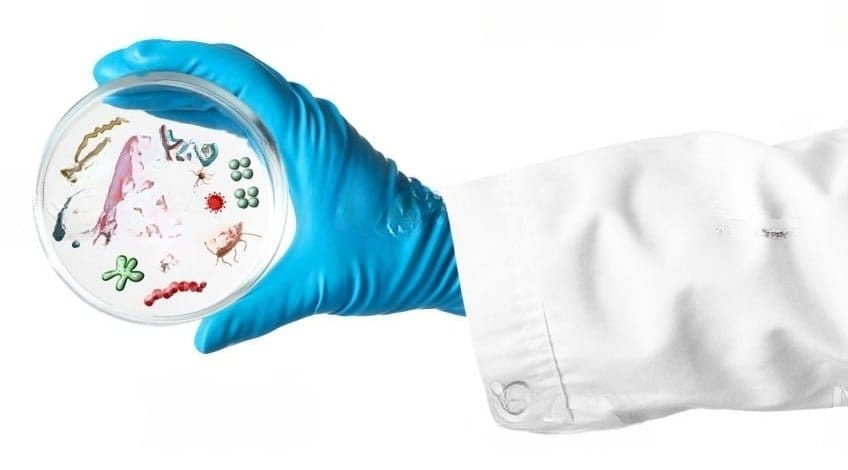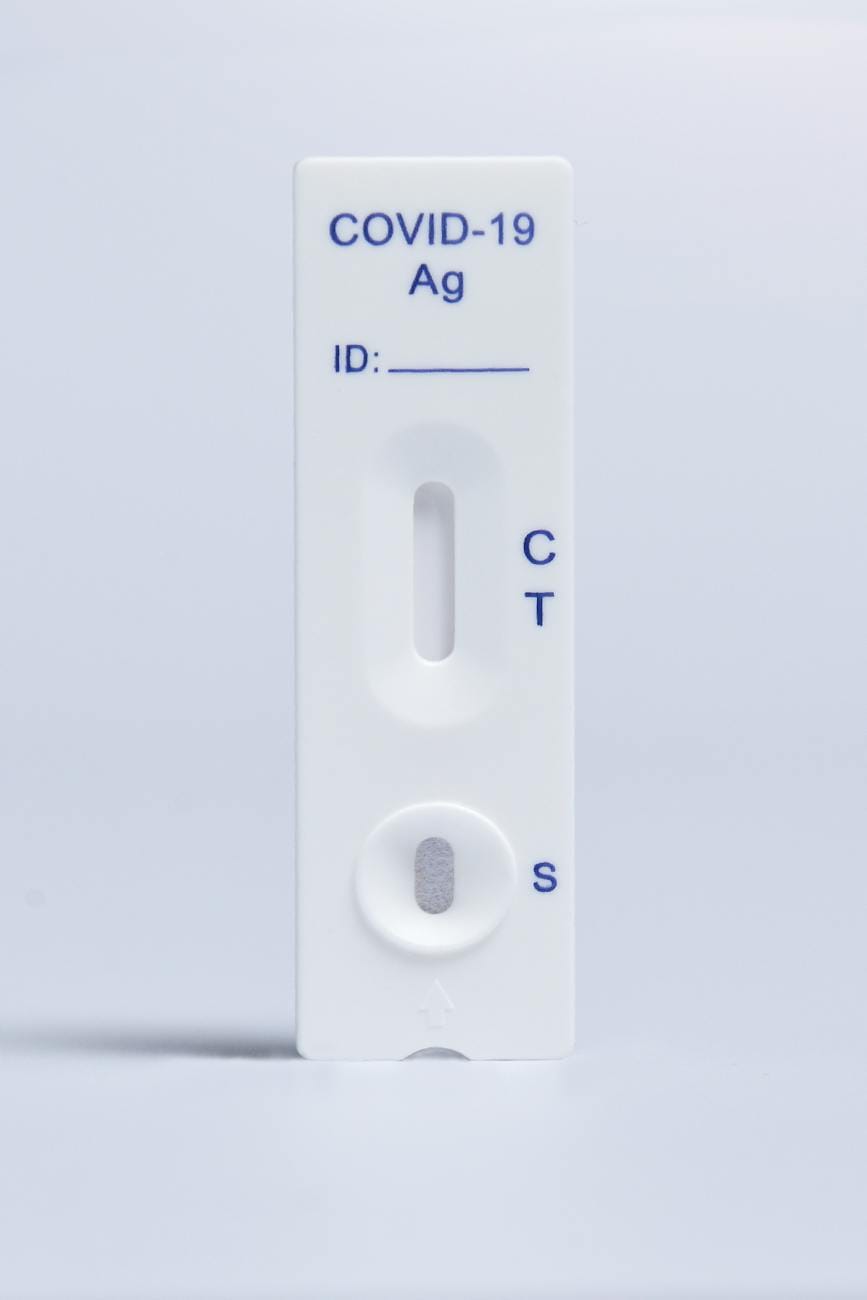In the ever-evolving landscape of medical science, antibodies have emerged as critical players in the fight against diseases. These tiny proteins are the body’s natural defense mechanism, and researchers have harnessed their power to develop novel treatments. In this brief blog post, we’ll explore the world of antibodies, with a specific focus on monoclonal and polyclonal antibodies.
Antibodies: The Body’s Defenders
Immune cells create antibodies, also known as immunoglobulins, in reaction to infections, including bacteria, viruses, and other foreign invaders. These Y-shaped proteins bind to particular targets, designating them for immune cells to destroy. Antibodies can be thought of as the body’s watchdogs, patrolling the bloodstream to maintain your health.
Monoclonal Antibodies: Precision Warriors
Monoclonal antibodies (mAbs) are created in a lab to specifically attack a single antigen, which is a molecule found on the surface of a pathogen or a cell. Due to their high specificity, these antibodies are useful in the treatment of many illnesses, including cancer and autoimmune diseases.
One of the most well-known applications of monoclonal antibodies is Regeneron’s REGEN-COV, a treatment for COVID-19. The SARS-CoV-2 virus was neutralized by the monoclonal antibody cocktail, hastening patient recovery.
Since mAbs only target the desired antigen, there is a lower chance of adverse reactions. However, some patients may not be able to receive monoclonal antibodies due to the difficult and expensive procedure involved in their development.
Polyclonal Antibodies: The Versatile Guardians
On the other hand, monoclonal antibodies come from a collection of various antibodies made by several B cells. These antibodies are flexible in their capacity to target a variety of related diseases or antigens because they recognize different epitopes (distinct components) of an antigen.
The use of polyclonal antibodies is common in medicinal, investigative, and diagnostic applications. When dealing with complicated and constantly changing infections, their broad responsiveness can be useful because it provides a variety of defensive options.
Conclusion: A Dynamic Duo
Both monoclonal and polyclonal antibodies are crucial in the field of medical science. While polyclonal antibodies offer diversity, monoclonal antibodies excel at precise targeting. One must choose between the two depending on the particular requirements of a given application.
The study of antibodies is still a promising area of medicine that has the potential to transform how we treat illnesses and protect public health. Antibodies, whether monoclonal or polyclonal, are potent allies in the continuous war against diseases.








